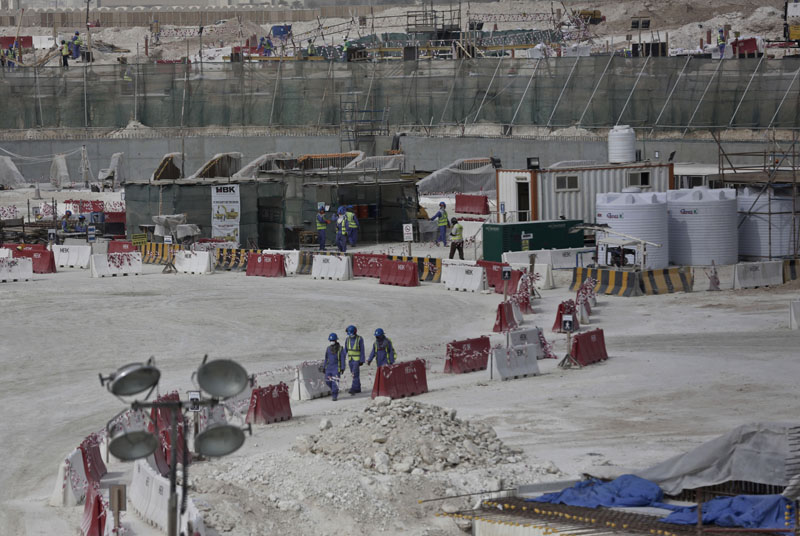6,000 migrants apply for free rescue from abroad
KATHMANDU, AUGUST 6
Six thousand migrant workers who have lost their jobs in nine different countries, including in Malaysia and the Gulf nations have applied at their concerned embassies to be rescued by the government for free.
According to the Ministry of Labour, Employment and Social Security, 6,000 workers who have lost their jobs so far have applied to be rescued for free from abroad.
The respective embassies have started the initial groundwork regarding the rescue of the 6,000 migrants who have applied for the facility, said Suman Ghimire, joint secretary at the ministry.
“The missions are trying to find out whether the expenses for their repatriation should be borne by the employer or through the Foreign Employment Welfare Fund,” he informed.
According to Ghimire, details of 413 workers in various repatriation centres have been received by utilising the resources of the Foreign Employment Welfare Fund (FEWF).
The ministry has stated that the details of the remaining workers who received amnesty in their destination countries and are lodged in the repatriation centres are yet to come.
The guideline on the rescue of workers stranded abroad has a provision which states that workers who have gone abroad for employment by following the due legal process will be evacuated by utilising FEWF resources.
Article 6 of the directive states that repatriation of stranded workers who cannot return to Nepal at their own expense must be arranged by the government.
Accordingly, the fund will bear all the expenses related to air ticket for the workers who have lost their employment within one year of their employment contract period. The fund will cover 75 per cent of the cost of air tickets for workers who have lost their jobs a year or after their contract period.
The fund will bear only 50 per cent of the air ticket expenses for the workers who have gone abroad for re-entry employment permission and are stranded. The fund will bear all the expenses related to the air ticket for the workers in the repatriation centres who have been pardoned within the contract period.
A version of this article appears in e-paper on August 7, 2020, of The Himalayan Times.






